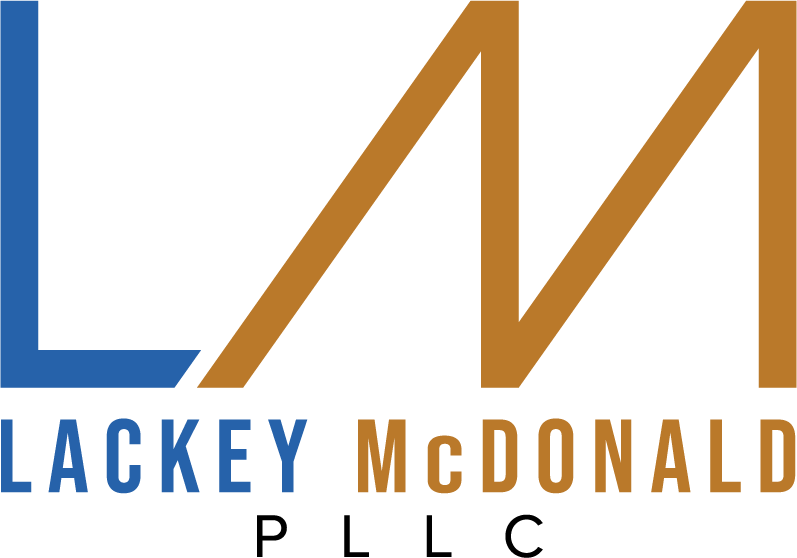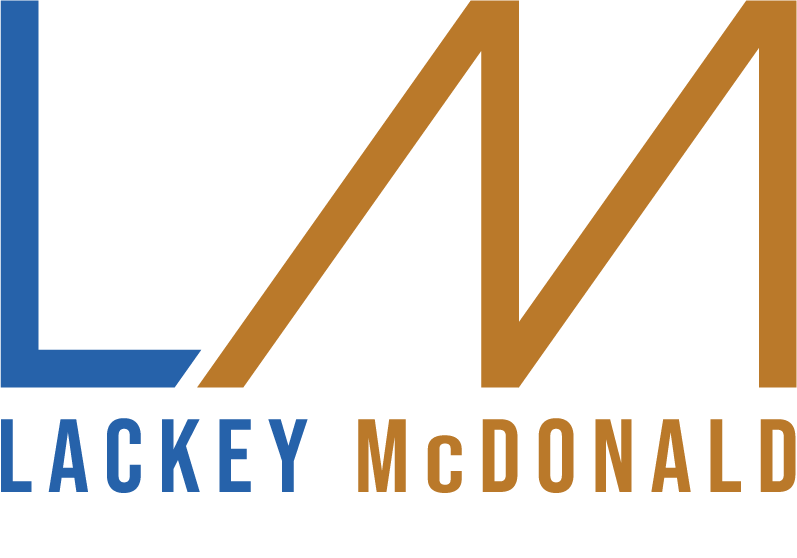
Advance Directive
Nashville Advance Directives Attorneys
Understanding Advance Directives for Nashville Residents
Advance directives are legal documents that allow a person to specify what type of medical care they want or do not want if they become unable to make decisions for themselves. There are two types of advance directives: living wills and healthcare proxies.
A living will provides instructions for end-of-life medical care, while a health care proxy designates someone to make medical decisions on a person's behalf.
It is important to create advance directives because they allow a person to have control over their medical care, even if they are unable to communicate their wishes. If a person does not have an advance directive, a court may decide what type of medical care will be provided, which may not be in the person's best interest.
Our attorneys can help you create an advance directive that meets your needs. Call (615) 392-4916 or contact us online to schedule a free initial consultation.
What You Need to Know About Living Wills
A living will is a document that allows a person to specify what type of medical care they want or do not want if they become unable to make decisions for themselves. It can cover a variety of medical situations, such as if a person is in a coma, terminally ill, or in a vegetative state. This document may also cover situations that may not be terminal, such as if a person has dementia or Alzheimer's disease.
A living will may cover specific medical care, such as:
- Life support
- Artificial nutrition and hydration
- End-of-life medical care
- Use of experimental treatments
- Resuscitation directives, such as CPR
- Hospice care
- Comfort care
Understanding Health Care Proxies
A healthcare proxy, also referred to as a durable power of attorney for healthcare, is a legal document that allows you to appoint an individual ('agent') to make medical decisions on your behalf in the event you are unable to do so. This differs from a living will, which is a written statement detailing a person's desires regarding their medical treatment in circumstances in which they are no longer able to express informed






